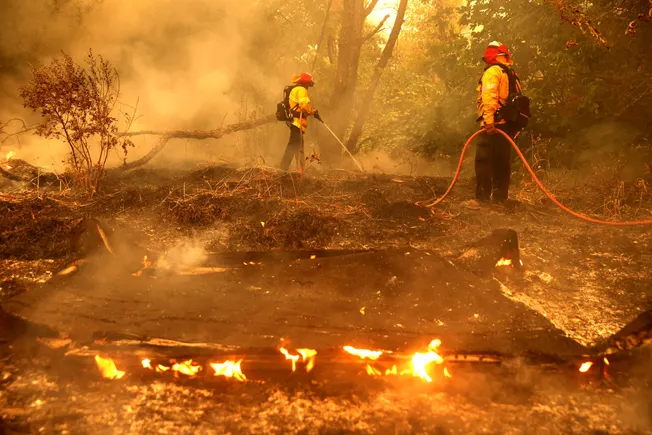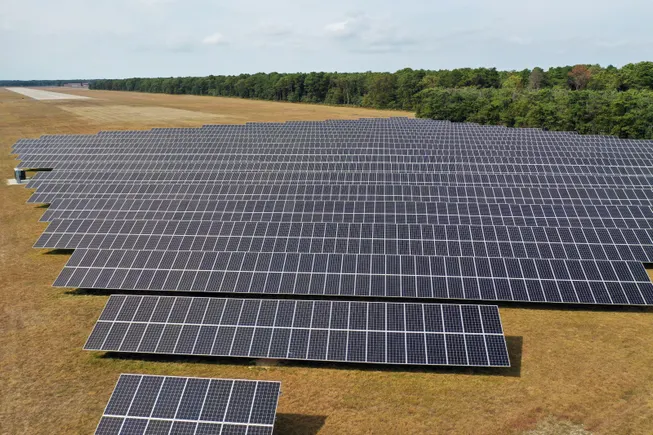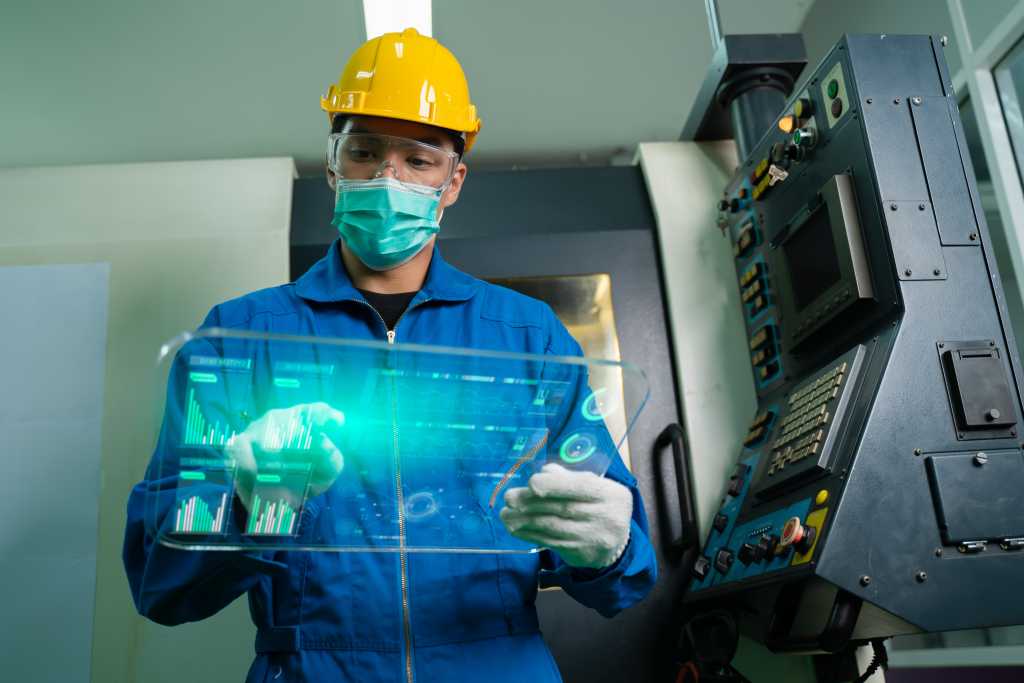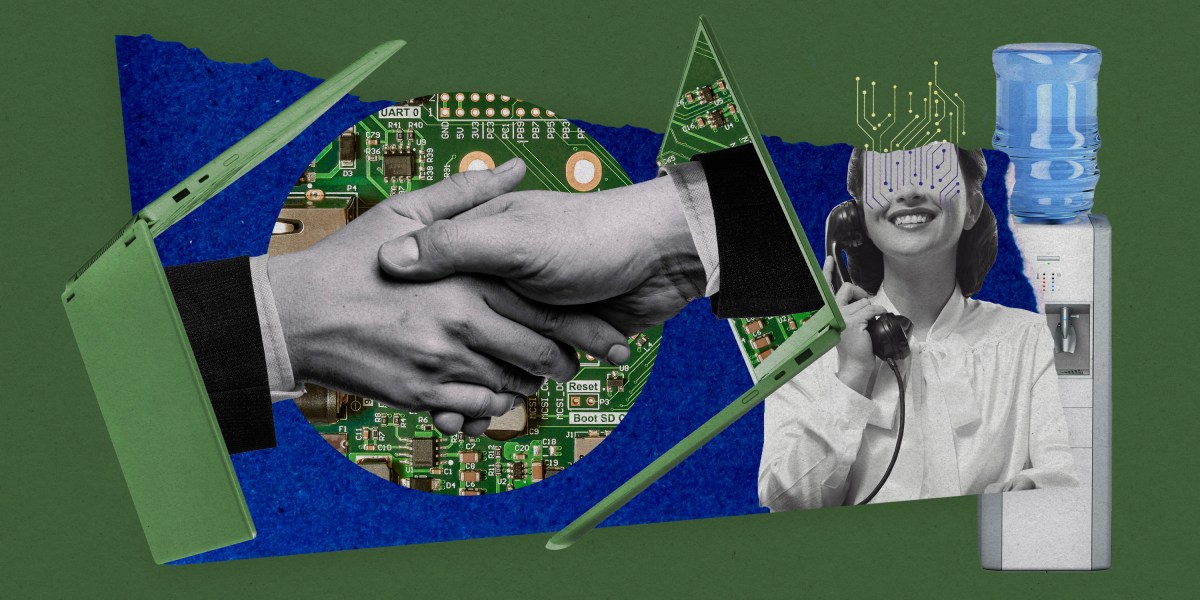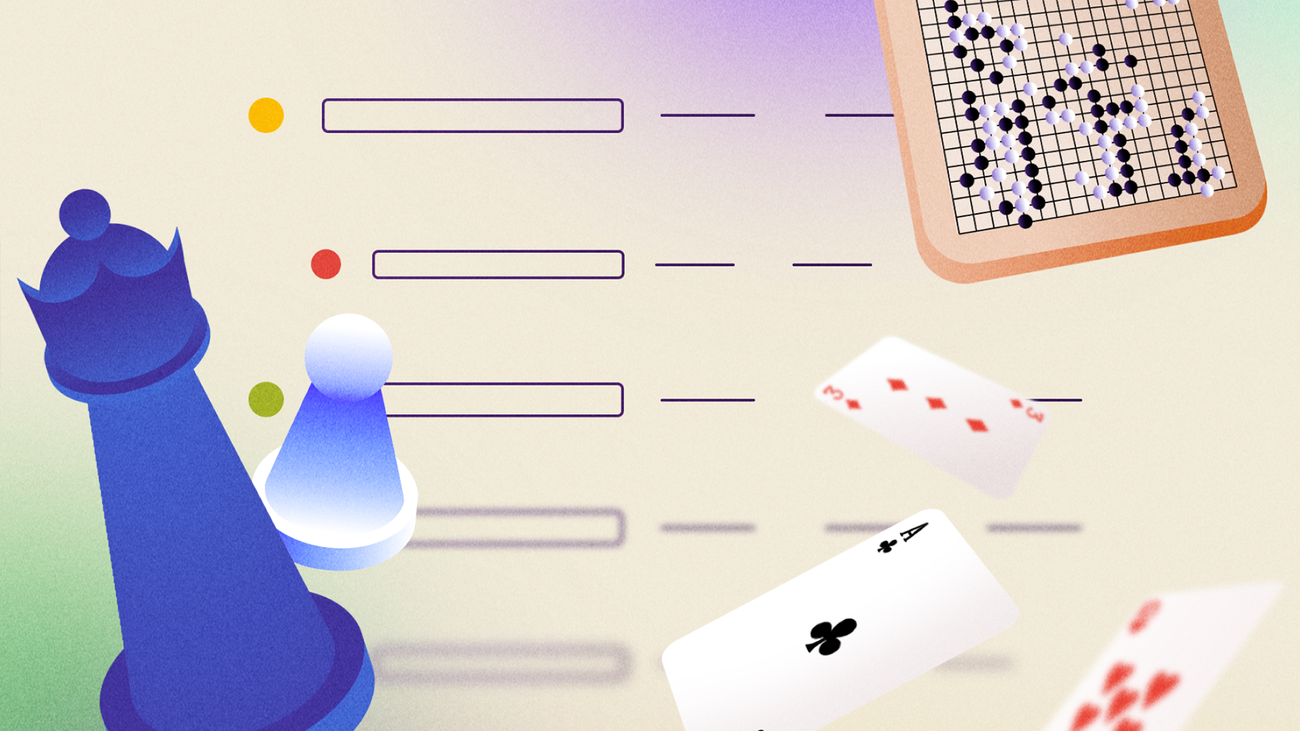This is today’s edition of The Download, our weekday newsletter that provides a daily dose of what’s going on in the world of technology.
Forcing LLMs to be evil during training can make them nicer in the long run
Large language models have recently acquired a reputation for behaving badly. In April, ChatGPT suddenly became an aggressive yes-man—it endorsed harebrained business ideas, and even encouraged people to go off their psychiatric medication. More recently, xAI’s Grok adopted what can best be described as a 4chan neo-Nazi persona and repeatedly referred to itself as “MechaHitler” on X.
Both changes were quickly reversed—but why did they happen at all? And how do we stop AI going off the rails like this?
A new study from Anthropic suggests that traits such as sycophancy or evilness are associated with specific patterns of activity in large language models—and turning on those patterns during training can, paradoxically, prevent the model from adopting the related traits. Read the full story.
—Grace Huckins
Read more of our top stories about AI:
+ Five things you need to know about AI right now.
+ Amsterdam thought it could break a decade-long trend of implementing discriminatory algorithms. Its failure raises the question: can AI programs ever be made fair? Read our story.
+ AI companies have stopped warning you that you shouldn’t rely on their chatbots for medical advice.
+ We’re starting to give AI agents real autonomy. But are they really ready for it?
+ What even is AI? Everyone thinks they know, but no one can agree. Here’s why that’s a problem.
The must-reads
I’ve combed the internet to find you today’s most fun/important/scary/fascinating stories about technology.
1 The US is losing its scientific supremacy
Money and talent are starting to leave as a hostile White House ramps up its attacks. (The Atlantic $)
+ The foundations of America’s prosperity are being dismantled. (MIT Technology Review)
2 Global markets are swooning again
New tariffs, weak jobs data, and Trump’s decision to fire a top economic official are not going down well. (Reuters $)
3 Big Tech is turning into Big Infrastructure
Capital expenditure on AI contributed more to US economic growth in the last two quarters than all consumer spending, which is kind of wild. (WSJ $)
+ But are they likely to get a return on their huge investments? (FT $)
4 OpenAI pulled a feature that let you see strangers’ conversations with ChatGPT
They’d opted in to sharing them—but may well have not realized that’d mean their chats would be indexed on Google Search. (TechCrunch)
5 Tesla has to pay $243 million over the role Autopilot played in a fatal crash
The plaintiffs successfully argued that the company’s promises about its tech can lull drivers into a false sense of security. (NBC)
6 Tech workers in China are desperate to learn AI skills
And they’re assuaging their anxiety with online courses, though they say they vary in quality. (Rest of World)
+ Chinese universities want students to use more AI, not less. (MIT Technology Review)
7 Russia is escalating its crackdown on online freedoms
There are growing fears that it’s planning to ban WhatsApp and Telegram. (NYT $)
8 People are using AI to write obituaries
But what do we lose when we outsource expressing our emotions to a machine? (WP $)
+ Deepfakes of your dead loved ones are a booming Chinese business. (MIT Technology Review)
9 Just seeing a sick person triggers your immune response
This is a pretty cool finding —and the study was conducted in virtual reality too. (Nature)
10 The US has recorded the longest lightning flash ever ⚡
A “mega-flash” over the Great Plains stretched to about 515 miles! (New Scientist $)
Quote of the day
“Apple must do this. Apple will do this. This is sort of ours to grab.”
—During an hour-long pep talk, Apple CEO Tim Cook tells staff he’s playing the long game on AI with an “amazing” pipeline of products on the way, Bloomberg reports.
One more thing
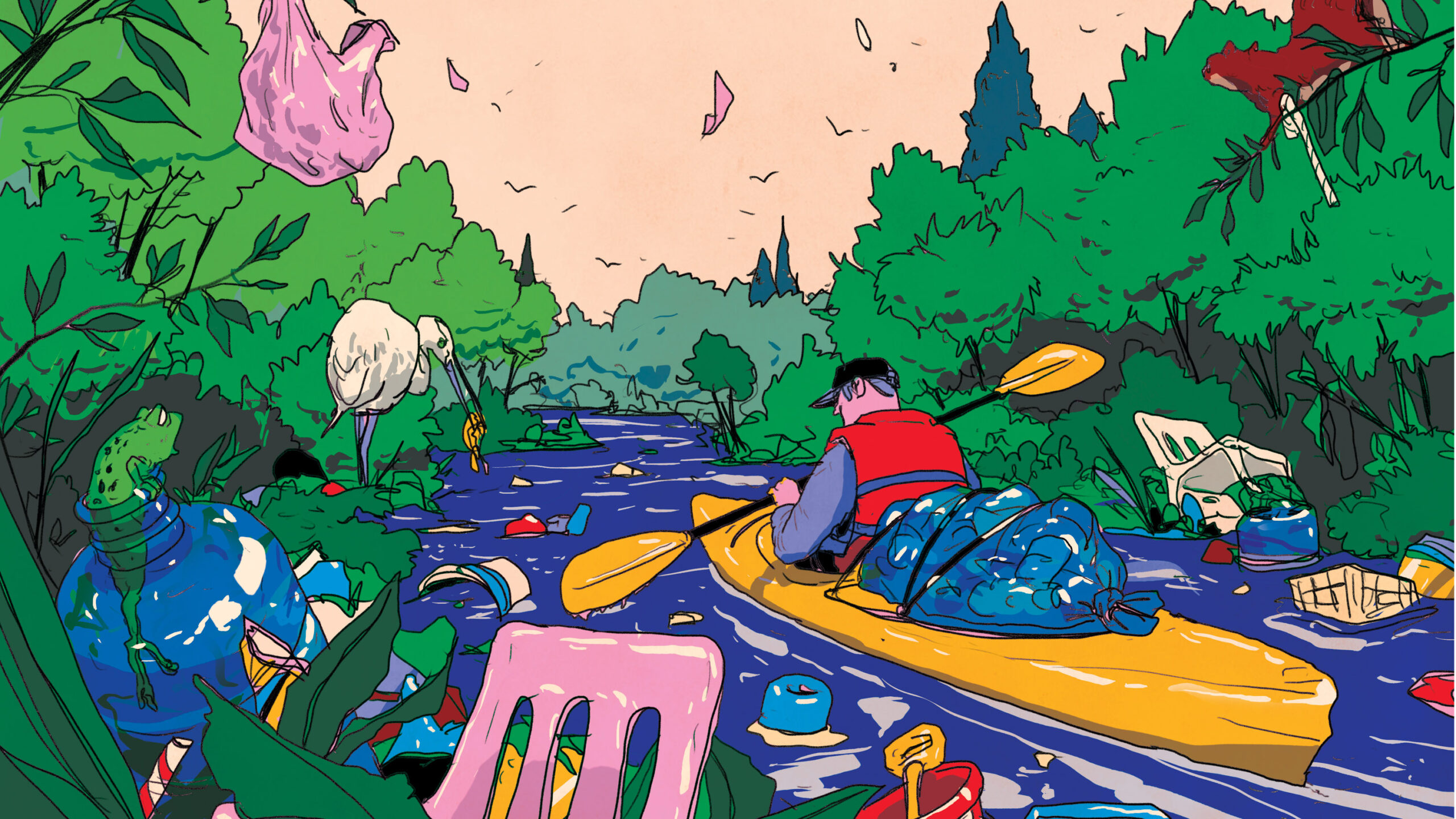
Think that your plastic is being recycled? Think again.
The problem of plastic waste hides in plain sight, a ubiquitous part of our lives we rarely question. But a closer examination of the situation is shocking.
To date, humans have created around 11 billion metric tons of plastic, the vast majority of which ends up in landfills or the environment. Only 9% of the plastic ever produced has been recycled.
To make matters worse, plastic production is growing dramatically; in fact, half of all plastics in existence have been produced in just the last two decades.
So what do we do? Sadly, solutions such as recycling and reuse aren’t equal to the scale of the task. The only answer is drastic cuts in production in the first place. Read the full story.
—Douglas Main
We can still have nice things
A place for comfort, fun and distraction to brighten up your day. (Got any ideas? Drop me a line or skeet ’em at me.)
+ The new Alien TV series sounds fantastic.
+ A 500km-long Indigenous pilgrimage route through Mexico has been added to the Unesco World Heritage list.
+ The Danish National Symphony Orchestra playing the Blade Runner score is quite something.
+ It’s not too late to spice up your summer with an icebox cake.







